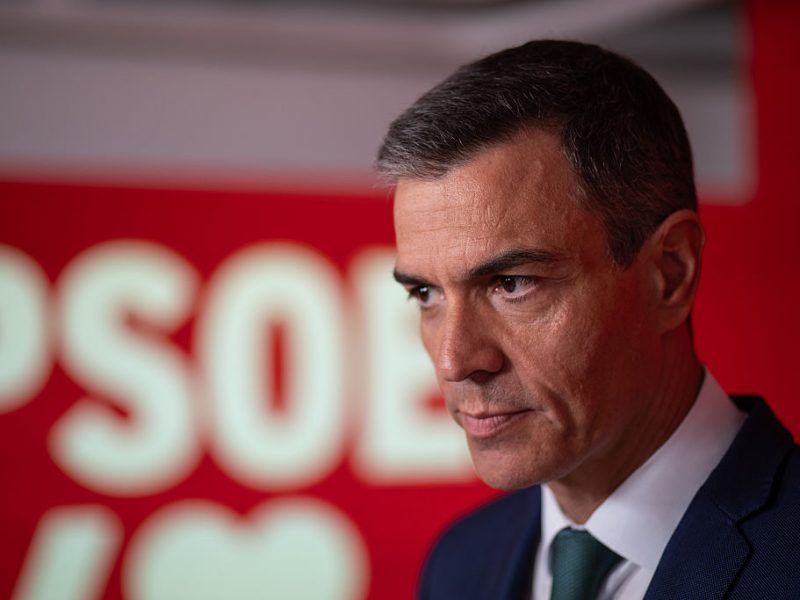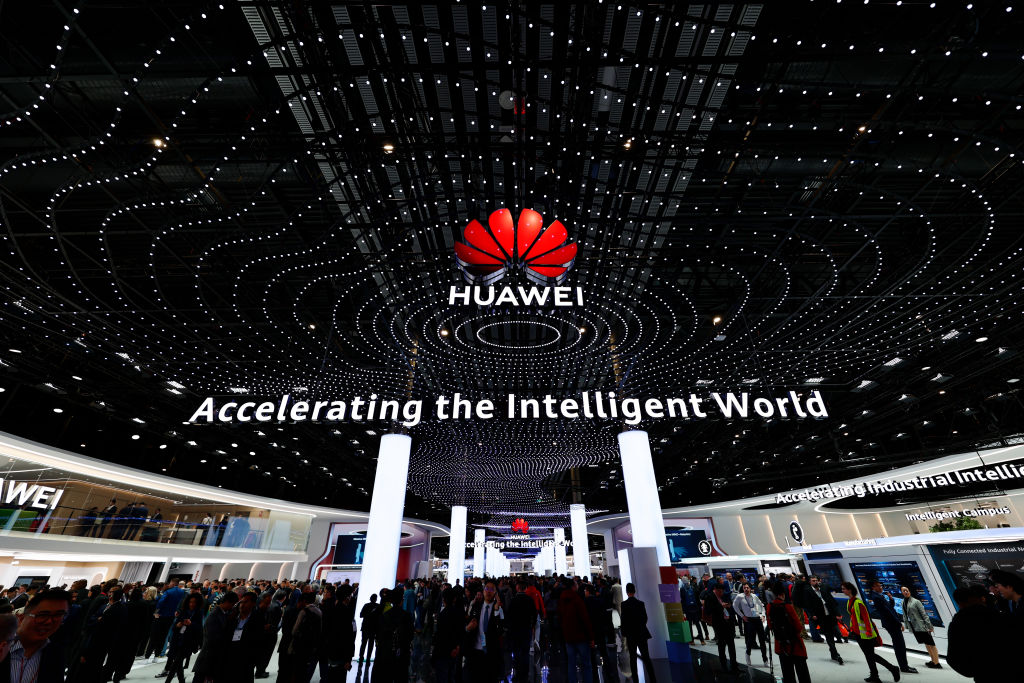MADRID – Spanish magistrates, law enforcement leaders and opposition politicians are voicing alarm over Madrid’s unusually close ties to Beijing, as the Chinese tech giant’s footprint in Spain’s public sector is deeper than first thought.
The concerns have intensified since July, when reports surfaced of an alleged €12.3 million contract between 2021 and 2025 for Huawei to store sensitive judicial wiretap data for the interior ministry.
Opposition Popular Party (PP) secretary general Miguel Tellado branded the public tender “shady” and claimed it was part of “the Chinese branch of Pedro Sánchez’s enormous corruption network.” The PP is also demanding that Sánchez’s top ministers testify before parliament after the summer recess.
The interior ministry has denied the existence of the Huawei agreement and did not clarify whether the initial €12.3 million figure was part of a broader deal with Spanish firms such as Telefónica, TRC or Econocom, as several local outlets have suggested.
The alleged deal has landed at a politically delicate moment for the Socialist-led government, already reeling from multiple corruption scandals.

Huawei’s large footprint
While the political row has focused on the interior ministry, several public tenders made public in the past weeks reveal contracts for “repairing” or “expanding” existing Huawei storage equipment in other state departments.
Such is the €322.000 two-year contract signed last October by the national railway operator (ADIF) to “repair” Huawei technology already incorporated into the country’s rail network communication systems.
Spain’s national healthcare system also awarded a €477.000 contract to national telecom giant Telefónica to “maintain” over the next two years an existing Huawei storage hardware installed in its IT department.
“These are common practices to ensure the proper functioning of this equipment,” a healthcare system spokesperson said.
According to them, the hardware “does not store databases or information from social security system applications” but is “used to store server configuration information and analyse anomalies.” Euractiv could not verify this claim independently.
Other public tenders from the Spanish police, dating back to 2022, show Huawei backup systems used in the force’s storage infrastructure for the “comprehensive border control storage system of the police.”
Another 2023 tender, seen by Euractiv, from the Guardia Civil’s Central Operational Unit – one of Spain’s top law enforcement bodies – indicated the unit needed additional components for existing Huawei storage systems and servers used at the highly sensitive Gibraltar border.
A deeper concern
In Madrid, magistrates and law enforcement are particularly worried about the Chinese firm handling highly sensitive police wiretap data.
“We are neither blind nor deaf, and the fact that a company has its headquarters outside Spain causes us concern, ” a magistrate told Euractiv.
“There may be delays or difficulties in gathering this information, or in the worst case, the request may even be denied due to their own regulations,” they said, adding that there is also a risk of “sensitive data being leaked.”
Law enforcement agencies share those concerns, especially over the potential exposure of sensitive information at a time when security forces are under intense scrutiny for prosecuting high-profile political figures.
“We are concerned about contracting any services from companies belonging to countries that are not fully democratic,” said a spokesperson for the Guardia Civil association. Such is the case of China and Huawei, an officer added, “where the line between the state and private corporations is rather thin or non-existent.”
Spain’s national police force has also warned of possible isolation from allied security services. Its largest union, JUPOL, said Madrid’s ties to Huawei – a company with alleged links to the “Chinese state apparatus” – pose “serious risks” and could “jeopardise international cooperation” with foreign police forces and intelligence services.
“This could have very negative consequences for police effectiveness and the fight against organised crime, terrorism, and other global threats,” the police officer added.
With magistrates, police and political opponents all warning of national security risks, the question is no longer whether the controversy will return after summer, but how explosive it will be.
(mm, cs)
